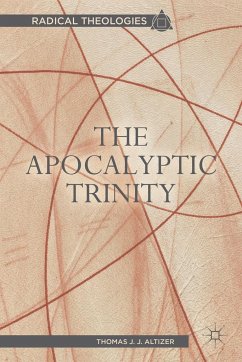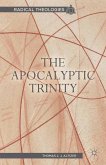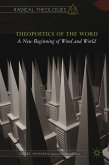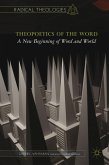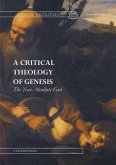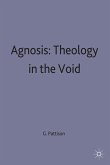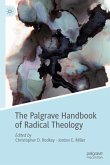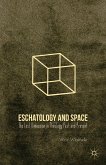"Having followed Altizer's theology since the late 1970s, I can confidently state that The Apocalyptic Trinity ranks among his very best in terms of erudition, insight, and imagination. This extraordinary work is not only the culmination of his original apocalyptic theology; it also firmly situates his position in the historical trajectory of dogmatic theology. As Altizer makes patently clear, the doctrine of the Trinity is not a biblical teaching, but represents instead a strain of dogmatic ecclesiastical theology at its most abstract and mysterious level. Altizer does not offer an apology for the Trinity; rather, he historically situates and trenchantly critiques this deepest and, as he persuasively argues, most dangerous of dogmas." - Brian Schroeder, Professor of Philosophy and Director of Religious Studies, Rochester Institute of Technology
Bitte wählen Sie Ihr Anliegen aus.
Rechnungen
Retourenschein anfordern
Bestellstatus
Storno

